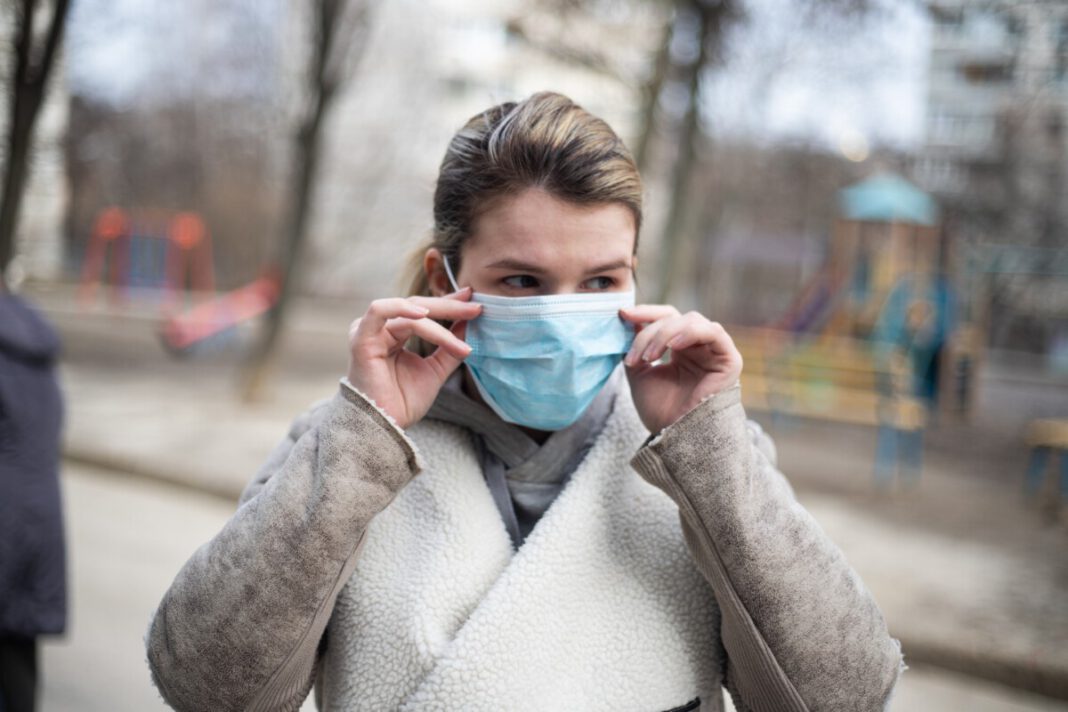Coronavirus cases in the Netherlands have decreased again only slightly, according to new figures from the RIVM. While it may be a step in the right directions, it’s not the decline we’d all like to see.
Over the past week, the number of new coronavirus cases has decreased from 36.931 to 33,949.
Hospitalisations are also down from the previous week’s 1291 nursing ward admissions and 193 ICU cases. This week, there were 1007 and 183, respectively.
Over the past week, 406 people have died from coronavirus-related complications. The week prior the were 422 deaths.
Some major developments have happened over the past week regarding coronavirus in the Netherlands, with changes in testing and wearing face masks, as well as some promising new antibody research. But even with these positive developments, some experts say we may need to settle in for the long-haul of this second wave.
Testing without symptoms
Starting today, testing is now possible even without symptoms present, as long as you’ve been in close contact with a person infected with the virus. For example, if you receive a notification via the GGD’s contact tracing program or the CoronaMelder app.
Mask mandate in effect
Also going into effect today is the new mask mandate, requiring people throughout the country to wear a mask in all indoor public spaces. Those found without may be subject to a €95 fine.
Several major Dutch retailers have said that although their employees will be wearing masks, they won’t be enforcing the rule with their shoppers. The retail chains wish to avoid potentially-dangerous confrontations, although they do expect patrons to follow the mandate.
Some retailers, such as Kruidvat and Albert Heijn, indicate that the majority of their customers have already been wearing masks, and they have no reason to believe that will change.
An enduring second wave
Representatives from the RIVM, Jaap van Dissel and Jacco Wallinga, along with Minister of Health Hugo de Jonge, have all indicated that the current second wave of coronavirus may last longer than we’d all hope.
According to De Jonge, to bring infections down to a level that allows for relaxation of measures, “You have to assume that it will really take longer than mid-January.” The health minister adds, “The fastest way to get rid of the measures is to stick to the measures.”
In a separate conversation, Van Dissel and Wallinga made a similar statement, saying that citizens need to take more “co-ownership of the problem of coronavirus spread.” The two RIVM experts say it’s “very realistic” that it may not be until March that we see coronavirus levels back down to a “watchful” level.
New antibody research
A new study from RIVM has found that our bodies are better at producing antibodies against the virus than previously thought. Coronavirus antibodies are stronger and last longer than earlier studies had shown. Over 90% of people infected with the virus still had antibodies in the system six months after infections.
Remdesivir use in hospitals
Although the WHO has issued advice against the use of the virus inhibitor remdesivir in coronavirus patients, Dutch hospitals will continue to use the drug.
A Dutch foundation that specialises in the use of antibiotics in the Netherlands (SWAB) and the Federation of Medical Specialists (FMS) refer to the WHO’s advice as a “weak, conditional recommendation” that adopts “a global perspective, taking into account, among other things, the proportional representation of other countries.”
SWAB and FMS have observed positive effects from the drug without harmful side effects and see no reason to discontinue use.
To stay up-to-date with coronavirus news in the Netherlands, follow DutchReview on Facebook.
Feature Image: Evg Culture/Pexels



